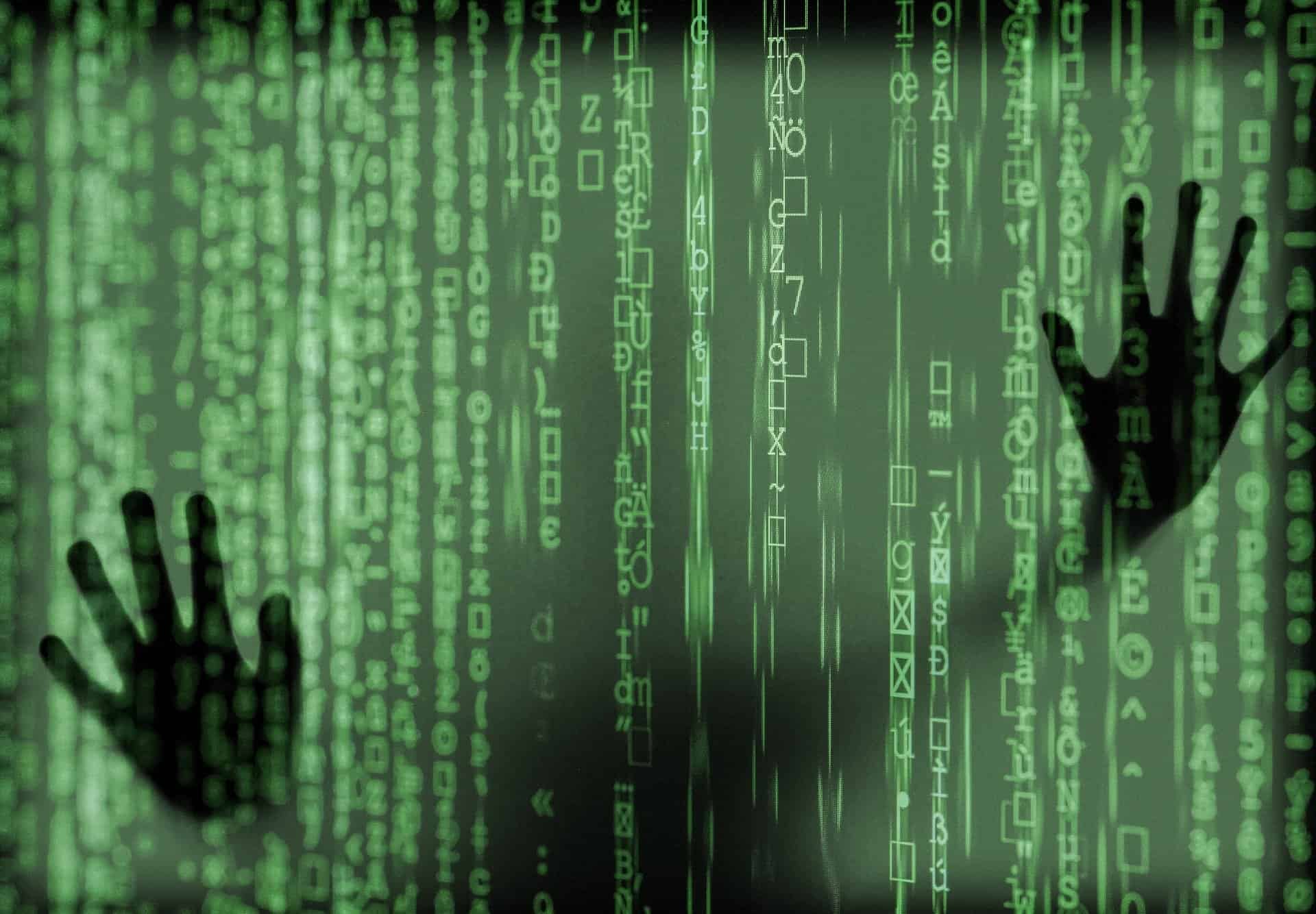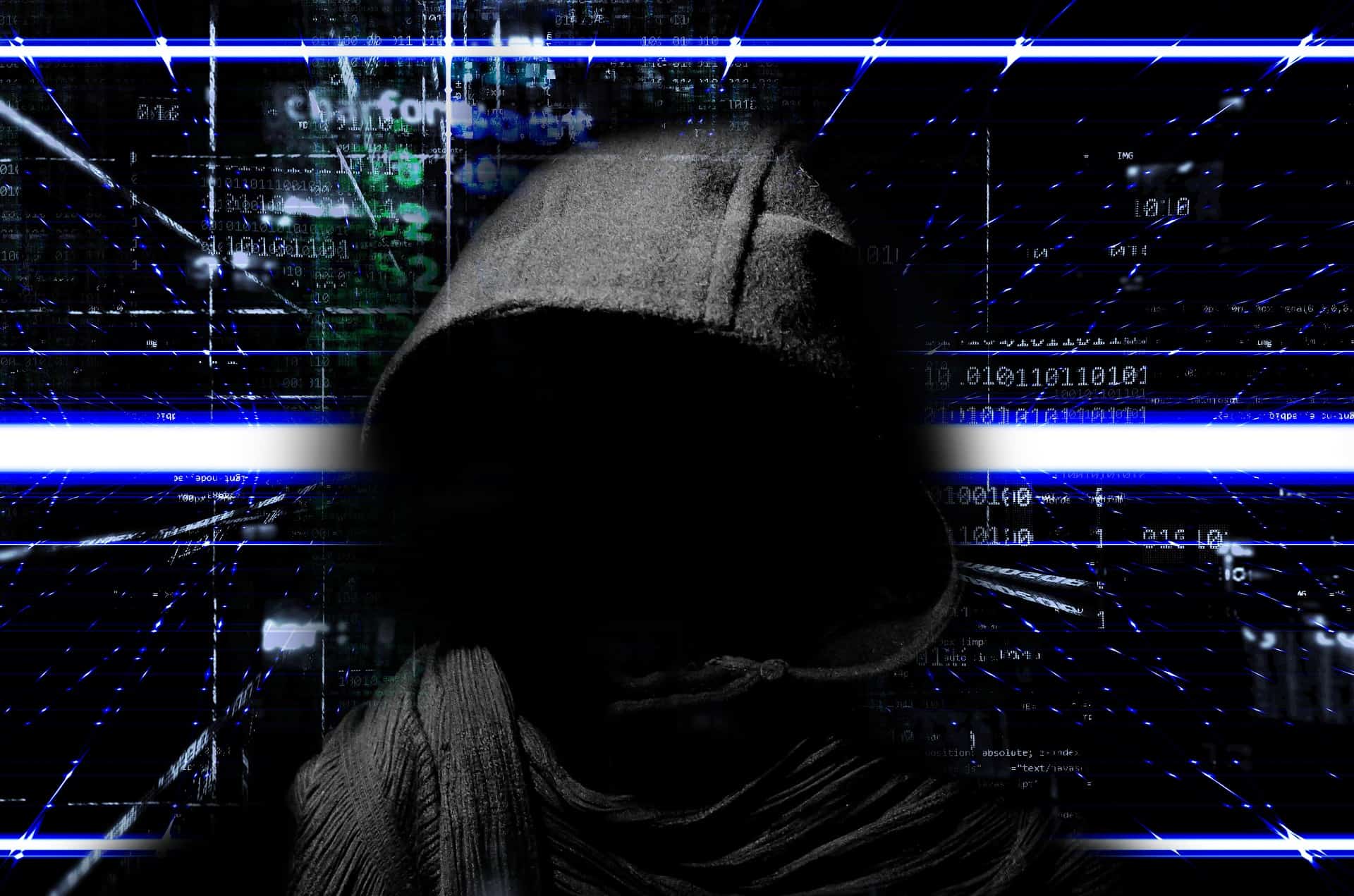
Cyberstalking is one form of cyber crimes and it doesn’t differ that much from stalking in real life. This term is used to refer to the usage of the internet through any technological device to harass someone online or approach them in stealthy ways. Fortunately, this crime is punishable and can put the stalker behind bars for several years at a time.
This crime has more than a few impacts on its victims, especially when it is associated with serious threats. Things can really escalate when the victim starts changing their daily routine, fearing that their cyberstalker may find their physical location. Cyberstalking, and stalking in general, is an obsessive behavior that can lead to distress, fear, and sometimes violence.
Whether you had a previous relationship with your stalker or not, it is always important to report any suspicions of cyberstalking. There are many ways you can report your incident and others by which you can protect yourself from being a victim. Hopefully, this article will help you identify any warning signs of cyberstalking, provide you with protective methods against it, and how to report it when it happens.
Signs You’re Being Cyberstalked

Being stalked is a frightening experience that no one ever wants to go through. Whether you have or had a relationship with the stalker or not, this doesn’t change how scary it is. Being unaware of the stalker’s intention doubles the intensity of your emotions and leaves you feeling unsettled.
Cyberstalking is no different; it is just as scary and unpredictable as it can get. And, having a presence on the internet means some of your private information can get into the hands of someone with bad intentions. Luckily, there have been several ways that confirms your suspicion that someone is watching your every move on the digital world.
Here are some of the signs to look out for to learn whether someone is cyberstalking you:
Random Messages
Everyone receives random messages from strangers every once in a while. However, seeing your inbox always persistently full of the same messages indicates you have a stalker. Most of the time, those disguised criminals use different accounts with fake names so they don’t mess up their cyberstalking mission.
Messages with hidden threats or even direct ones are not to be taken lightly. If messages of threats or blackmailing persists coming your way, make sure you tell someone you confide in about these incidents.
They Know Too Much
If someone is cyberstalking you, they may have the audacity to let you know about all the information they gathered about you. They may as well take it too far by telling you all about your day, where you went, who you met, and what you did. This can inflict emotional and mental distress on the victim, affecting their normal life and forcing them to shift up their routine to escape their stalker.
Rumors About You Are Circulating
Have some secret information about you been circulating among your friends and family members? Whether the leaked information is real or just some lame rumors, it is still alarming. If this has happened to you and you’re unaware what the source could be, someone may actually be cyberstalking you.
Sexual Harassment
Some cyberstalkers try forcing their victims to respond by sending inappropriate content or pictures. They may even tag you publicly to make it seem as if you already have an existing relationship with the person. If this keeps happening, you need to look out and watch your back in case someone is cyberstalking you and knows more than he/she should.
Shows Up Uninvited
Movies can make running into the same person over and over again in different places seem like fate is bringing you together. However, the truth is, this person may be cyberstalking you, knowing about the places you may be at. This is especially true if this person seems to keep forcing communication that you made clear you’re uninterested in.
Yet, not every person you come across is your anonyomus stalker, you may actually have many common friends and that’s the reason. Your guts will warn you when something feels off, make sure you always trust it.
Leaking Information
Doxxing is the act of exposing someone’s private information to the public in intention to embarrass or tint their reputation. While doxxing can happen by hiring professional hackers for different reasons and motives, it could be a sign of cyberstalking. Stalkers tend to turn your life upside down, causing serious damages and mess. Some may also make it seem as they coincidently appear into you life to come to your rescue.
Measures to Keep Yourself Safe from Cyberstalking

In today’s world, we rely so much on technology to get our daily tasks done. We even spend our leisure time browsing the internet, chatting, or binge watching. Not just that, many of us work remotely from the comfort of their own places or attend school virtually. No matter what we do throughout the day, technology is somehow involved.
And, as long as the digital space is integrated into our lives, there is always room for cyberstalking if we are not careful of how we use the internet. Cyberstalking can be quite intimidating and, in many cases, it can be life-threatening. So, here are some key measures that you need to take in order to reduce your chances of being a victim of cyberstalking:
- Adjust Your Privacy Settings
Many of our personal information is saved on Google from the different accounts that we create across different platforms. Yet, you have the authority to control how much of your personal data you want to be out there. So, search your full name and the city in which you live and control what you want to be shown and what you don’t.
Also, make sure that your phone number or Social Security Number (SSN) are not publicly shown for everyone to see. They can easily jeopardise your safety and make you fall prey to cyberstalking or any other awful cyber crimes.
- Decline Unknown Friend Requests
Many people tend to send out friend requests to strangers for whatever reasons they have. Definitely, you will get a bunch of unknown friend requests every once in a while. Mindlessly confirming those requests can be a dangerous game that you may regret later on.
One of the simplest strategies that cyberstalkers use at first is sending you what may seem like an innocent request to befriend you on social media. So, always make sure you reject every single one of them. You never know if your stalker is going to be among them.
- Change Passwords Every Once in a While
Cyberstalking may develop their hacking skills and look for different methods and techniques to learn more information about you. Among the best measures, you should practice ensuring your cyber security is, not only using a strong password but also changing it frequently.
Also, try to not use the same password across different platforms and personal emails. This is one of the vulnerabilities that many hackers exploit for their own interests. Needless to say, whenever you change your password, never use obvious personal info, like your name or birth date, for example.
- Be Careful with Public Networks
Using public networks can be really disastrous. Public Wifi networks are not secured, paving the way for hackers to invade your system or eavesdrop on your communications. Moreover, do not ever share financial or any other sensitive data while logging on a Starbucks wifi network. It is a hidden invitation for cyberstalking to occur, or even other digital crimes.
If you have to use a public network, stir away from sharing anything related to your personal life. It is always wise to use a Virtual Private Network (VPN) while browsing the internet over a public network. VPNs mask your IP address and mask your online identity, building a sturdy protection layer against potential cyberstalking attempts.
- Minimise Posting Your Personal Info
People nowadays tend to post the tiniest details about their personal life on social media platforms. They are unaware of the great dangers that this habit forms on their lives. You don’t have to share everything about your day, whether your whereabouts, daily activities, closest friends, and so. Your stalker will use this information to find out something about you.
Cyberstalking can involve blackmailing by using your images or leaked conversations between you and your friends. Make sure you limit these things to not be publicly displayed. Also, ask your friends and family members not to give out private details about you to anyone they know. Your home address, phone number, or even something trivial as your favourite place should be kept hidden.
- Disable Your GPS Trackers
Geolocation services that technology offers can be of great benefits when used correctly. However, you need to adjust your location settings and make sure it is not publicly visible to everyone. Check out all the applications you use on your device and ensure the location button is turned off.
Not just your social media applications that need to be untracked, but also ones that involve fitness activities. These apps track the route you take while working out, showing to everyone the routes you take on a daily basis and at what times. If you have to use your GPS tracker on these apps for whatever reason, make sure you change your routes from time to time.
- Have Your Electronic Devices Nearby
This tip may sound too obvious and even naive to state on the list, but it is really more serious than you may think it is. Cyberstalking may actually involve your acquaintances, whether people you work with, go to the gym with, or even close friends. You never know who may turn out as your dangerous cyberstalker.
For that very reason, avoid leaving your cellphone in the hands of anyone. Not only that, but also make sure you unlock your computer at your office when you are not nearby. Your stalker may take advantage of your mindlessness and install tracking apps on your devices without you knowing. The dangerous part is that some of these apps can hide themselves and not be visible to you.
If you think cyberstalking is not as a big deal as we are making out of it, you should give the psychological TV series YOU a shot. This series will teach you that many people have fascinating cyberstalking skills yet they won’t necessarily use it for your best interest. So, make sure you stay safe and if you sense any danger, don’t hesitate to report the police for help.
